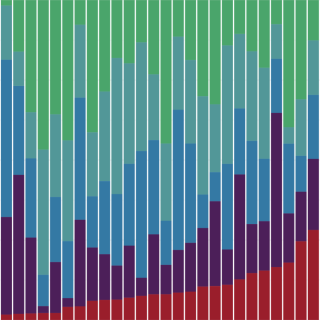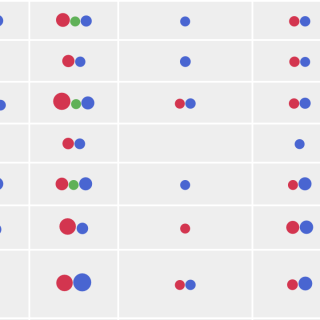What works to improve health and digital literacy in disadvantaged groups
Digital health literacy is becoming increasingly important as more health information is shared through digital platforms. However, many individuals face challenges in accessing digital devices and understanding or critically evaluating digital health information. This evidence brief examines effective strategies for improving health and digital health literacy, particularly among disadvantaged groups.











